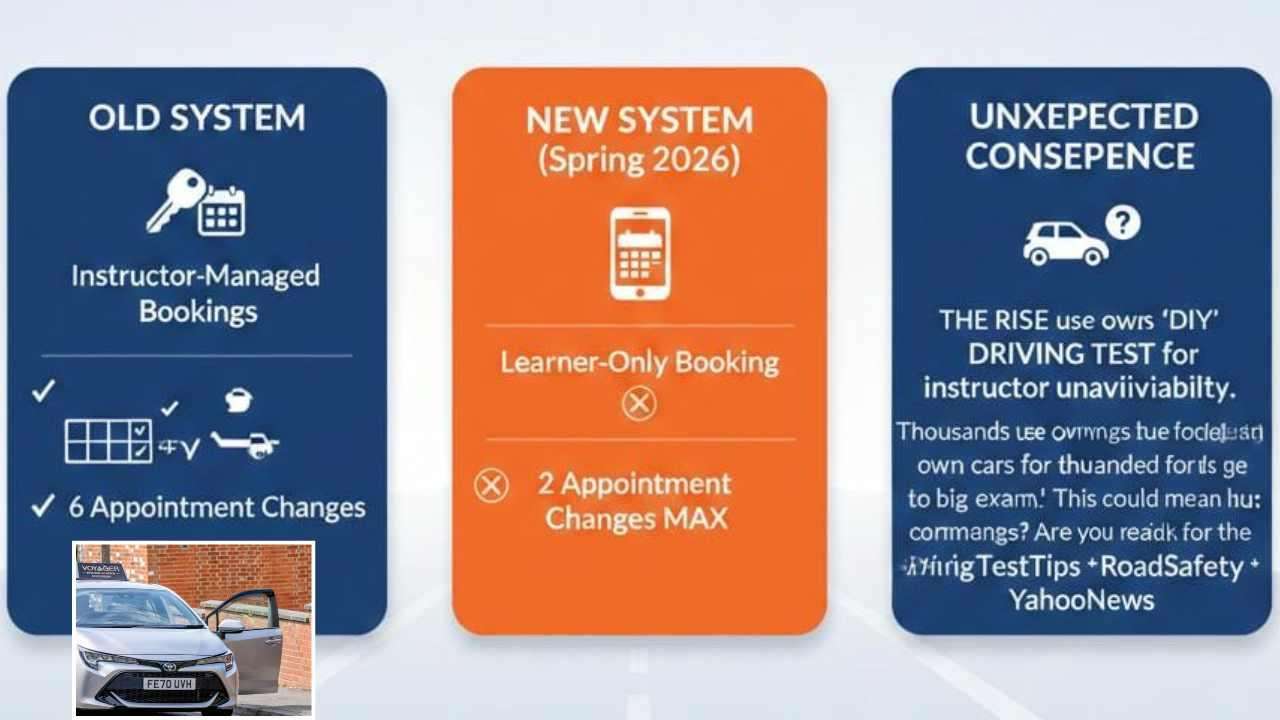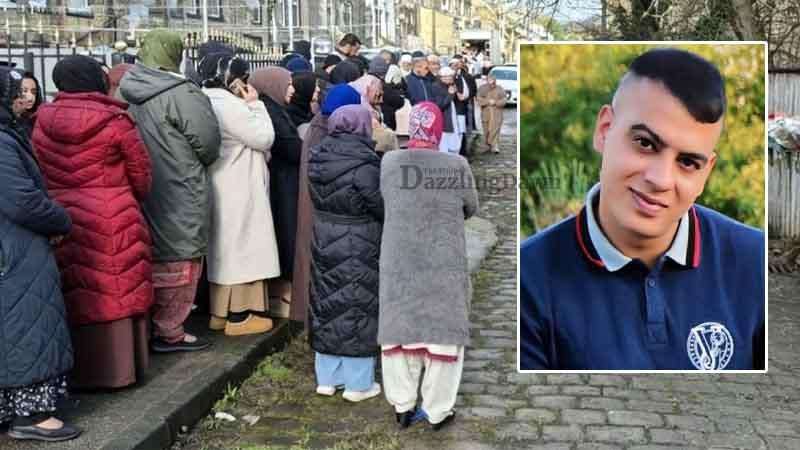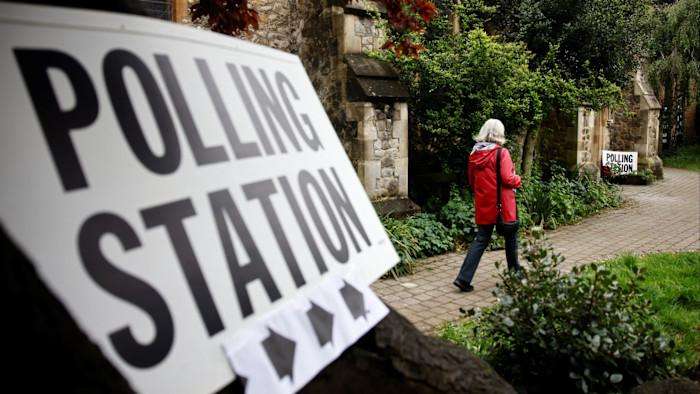Following widespread riots caused by the Southport attack in July, the number of criminals jailed in England and Wales reached a record high of 88,350. This might mean that British convicts could be sent to Estonia.
According to Liisa Pakosta, Estonia's minister of justice, there is ample space in Estonian prisons for rented cells in case Britain needs assistance handling the situation. It comes after requests to judges not to imprison individuals for minor offences; instead, some have been scheduled for early release in an effort to alleviate the prison overcrowding issue in Britain.
According to Ms Pakosta, the scheme could be worth £25 million to Estonia, with both Britain and Sweden reportedly already in talks to send prisoners over to the Baltic nation.
She said: “Half of the spaces are empty. And it is true that I've submitted a memo to the government cabinet for discussion, to choose the direction of the solution with which to proceed.”
England and Wales recorded 88,350 detainees as of August 30, the highest number since 2011. It follows a wave of far-right riots that broke out across the nation following the stabbings in Southport, during which hundreds of people were arrested and numerous convictions were still pending.
Leaders were compelled to launch 'Operation Early Dawn' last week, resulting in an emergency response to prevent crowding as more protesters are being taken to court.
The "one in, one out" approach, as it is known, has already been implemented in the North of England and permits defendants to be detained in police cells rather than being called before a magistrate's court until a jail space opens up.
Labour has already announced plans to cut inmates’ jail sentences from 50% to 40% since coming into power. The temporary move is due to start on September 10 and is set to see 5,500 offenders being released in September and October.
The plan does not apply to more serious crimes, including criminals convicted of sex offences, terrorism, domestic abuse and some other violent offences. Inmates released early will serve the remainder of their terms under “strict” licensing conditions in their communities.








.svg)
